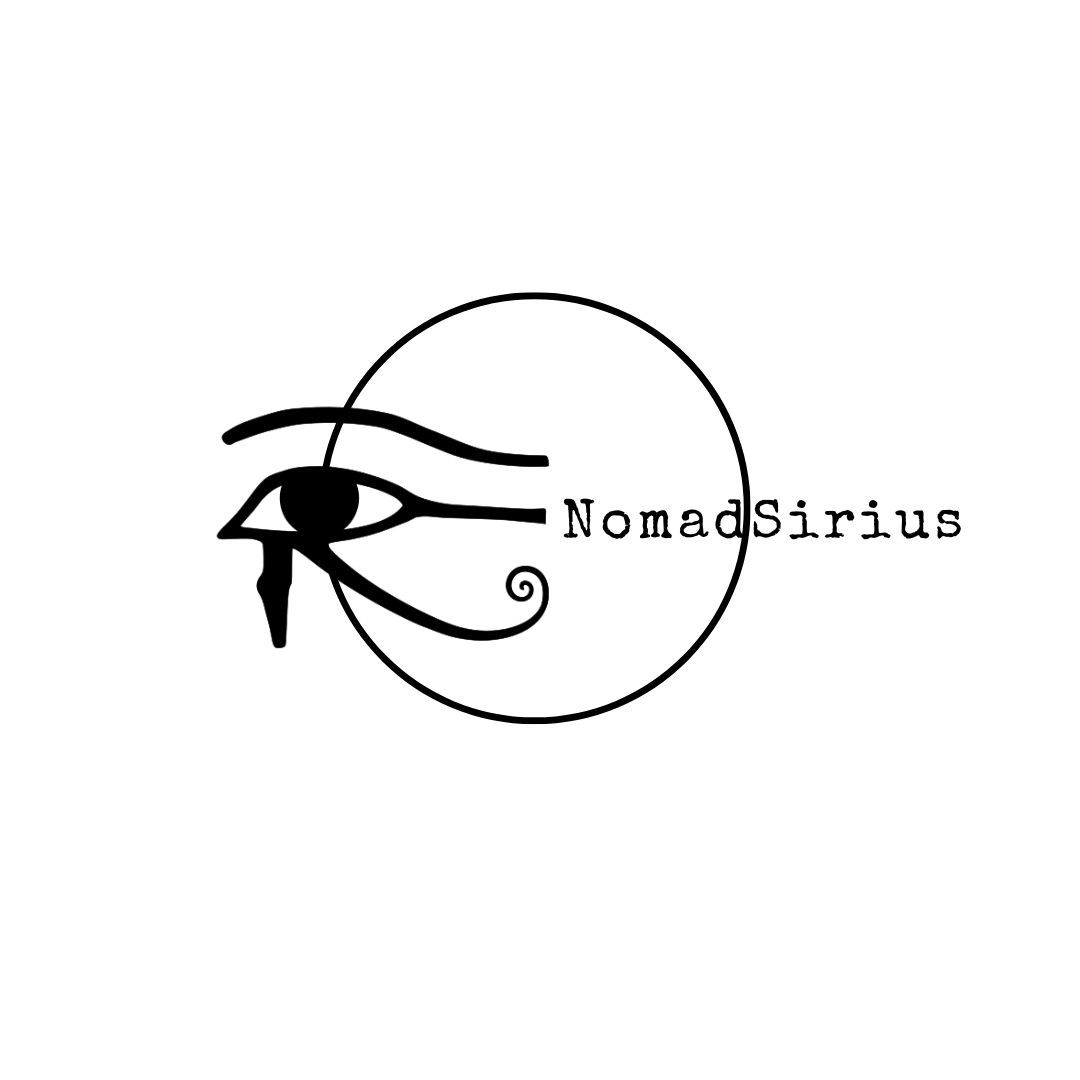상세 컨텐츠
본문

Afternoon in Tuscany_The Two Strolling Figures.
Tuscany, known as Toscana in Italian, holds a significant place in Italian history as the birthplace of the Italian Renaissance and the foundation of the Italian language.
Throughout history, Tuscany was ruled by the Holy Roman Empire and served as the stronghold of the Florentine Republic (1115-1532).
During this time, prominent figures like Petrarch, Giovanni Boccaccio, Niccolò Machiavelli, and Francesco Guicciardini established a reputation for using the Tuscan dialect in literature, which later became a cultural language throughout Italy.
The region boasts famous Italian wines such as Asti Spumante, Barolo, and Brunello di Montalcino, but Tuscany also produces other renowned wines like Chianti, Vino Nobile di Montepulciano, Morellino di Scansano, Brunello di Montalcino, and White Vernazza di San Gimignano.
Tuscany's strong linguistic and cultural identity has led some to consider it a nation within a nation.
Florence, the capital of Tuscany, was caught in political strife between the Guelphs (supporters of the Vatican) and the Ghibellines (supporters of the Holy Roman Empire).
Dante Alighieri (1265-1321), an advocate of universal monarchy based on natural law, criticized papal supremacy and supported the Ghibelline party.
The Guelf Party of the Vatican divided into the Neri Black Party, aligned with Pope Boniface III for commercial interests, and the Bianchi White Party, which pursued a policy of self-reliance.
Dante attempted to restore Florence with the support of the Bianchi White Party, but his efforts ultimately failed.
In 1302, at the age of 38, Dante was exiled by the Neri Black Party.
His long political exile life became a period of agony, transformed into studies and literature.
During this time, Dante conceived his masterpiece, "La Divina Commedia," and began writing it while wandering.
1304 (39 years old), new song La Divina CommediaⅠ Volume, Hell Inferno (-1308).
1305 (age 40), De Vulgare Eloquentia (-1305) on vernaculars.
1307 (age 42:), Convivio.
1308 (age 43), La Divina Commedia II Volume, Purgatory Purgatorio (-1313).
1313 (age 48), new song La Divina Commedia Ⅲ Volume, Heaven Paradise (-1321).
The creation of this epic poem became the fruit of Dante's contemplation during the cold autumn of his fate.
However, the sudden death of Holy Roman Emperor Heinrich VII (reign 1308-1313) shattered Dante's dream of returning to Florence forever.
His hope of witnessing the restoration of Florence and the imperial family remained an eternal aspiration.
Though they lived during the same period, there is no historical record or evidence suggesting direct contact between Heinrich VII and Dante.
Their fictional encounter as two strolling figures in the afternoon of Tuscany remains a part of literary imagination.
해외/국내 NomadSirius eBook 판매처.
#english #영어 #fantasy #환타지 #humanities #인문학 #ebook #전자책 #painting #그림 #piano #피아노 #인생 #삶 #자유 #자존감





